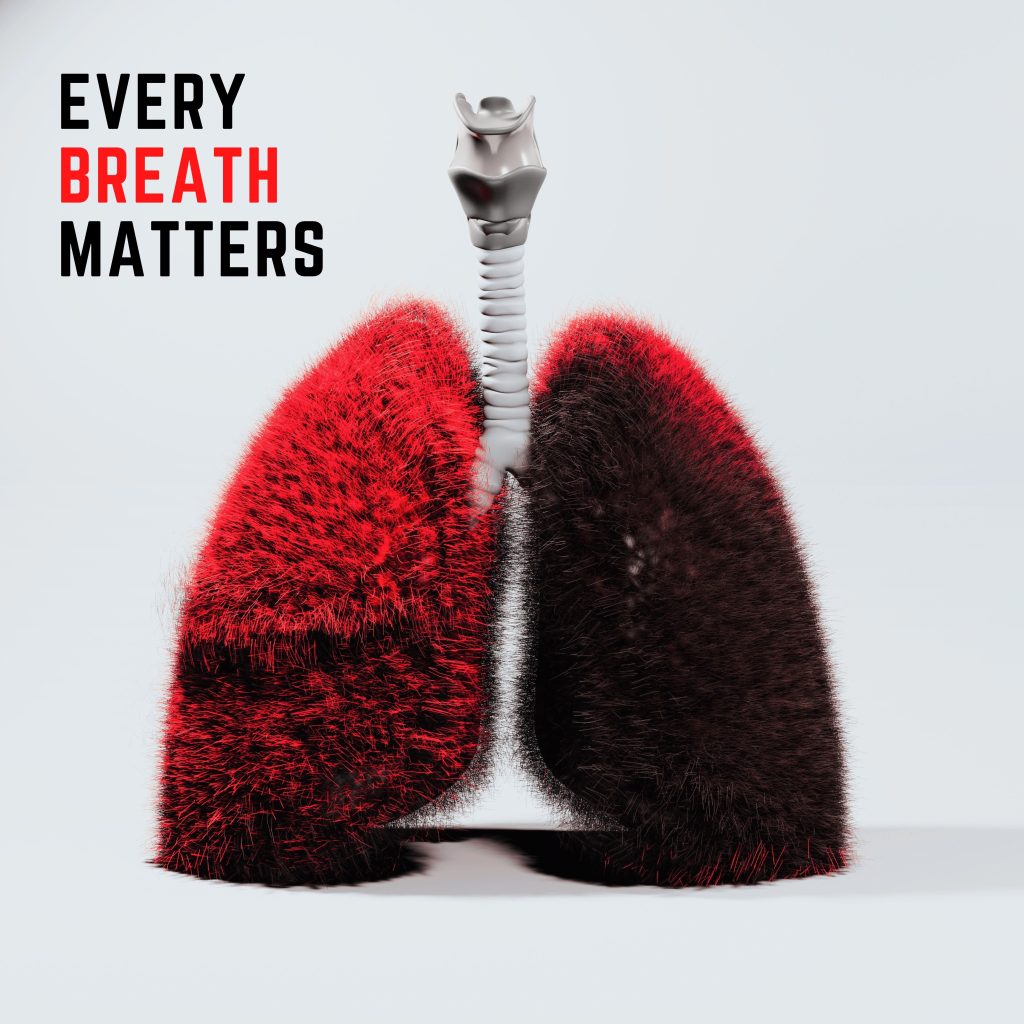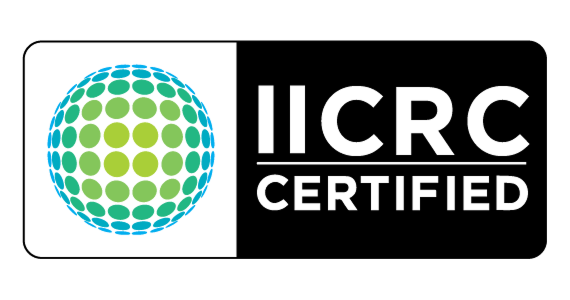
Introduction
When people think about air pollution, they often imagine smoggy cityscapes, factory emissions, or vehicle exhaust. However, one of the most critical threats to our health isn’t outside—it’s inside our homes, offices, schools, and commercial spaces. **Indoor air quality (IAQ) plays a crucial role in overall health, productivity, and well-being**, yet it’s often overlooked.
The Hidden Dangers of Poor Indoor Air Quality
The air we breathe indoors can be up to five times more polluted than outdoor air, according to the Environmental Protection Agency (EPA). Modern buildings are constructed to be more energy-efficient, but this often results in tightly sealed spaces that trap pollutants indoors. Factors such as reduced natural ventilation, increased use of synthetic building materials, and everyday activities like cooking, cleaning, and heating contribute to poor IAQ.
Common indoor pollutants include:
- Mold & Mildew: Thriving in damp environments, mold spores can trigger allergies, asthma, and respiratory infections.
- Volatile Organic Compounds (VOCs): Emitted by paints, furniture, and household cleaners, VOCs contribute to dizziness, headaches, and even long-term neurological effects.
- Airborne Viruses & Bacteria: Poor ventilation allows pathogens to linger, increasing the risk of airborne disease transmission.
- Dust, Dander, & Pollen: These allergens accumulate in indoor spaces, worsening conditions like asthma and chronic sinus infections.
- Radon Gas: A naturally occurring radioactive gas that seeps into buildings from the ground, radon exposure is the second leading cause of lung cancer worldwide.
Health Impacts of Poor IAQ
Poor indoor air quality can shorten life expectancy by 3-7 years. Studies have linked prolonged exposure to indoor air pollution with an increased risk of respiratory diseases, cardiovascular issues, and even cognitive decline. Fine particulate matter (PM2.5), volatile organic compounds (VOCs), and airborne pathogens contribute to chronic inflammation, oxidative stress, and immune system suppression, all of which are key factors in reducing overall longevity.
How does poor IAQ contribute to a shorter lifespan?
- Chronic Respiratory Diseases: Pollutants such as mold spores, fine particulate matter, and chemical fumes can lead to chronic bronchitis, asthma, and even chronic obstructive pulmonary disease (COPD).
- Cardiovascular Problems: Long-term exposure to airborne toxins increases blood pressure, causes oxidative stress, and can lead to heart disease and strokes.
- Cancer Risks: Radon gas, VOCs, and other airborne carcinogens increase the likelihood of lung cancer and other malignancies.
- Weakened Immune System: Continuous exposure to airborne pathogens can overburden the immune system, making individuals more susceptible to frequent illnesses and infections.
- Cognitive Decline & Mental Health Issues: Studies have linked poor IAQ to cognitive impairment, increased risk of Alzheimer’s disease, and mental health challenges such as anxiety and depression due to long-term exposure to toxins.
Indoor air is now more polluted than outdoor air due to changes in building structures, modern lifestyles, and energy efficiency improvements**, which trap pollutants inside rather than allowing natural ventilation. Many homes and workplaces are designed to be airtight for better energy savings, but this also leads to an accumulation of indoor contaminants, increasing long-term health risks.
Prolonged exposure to indoor air pollutants can lead to serious health concerns, including:
- Respiratory Issues: Asthma, chronic bronchitis, and other lung conditions can be aggravated by poor IAQ.
- Fatigue & Cognitive Impairment: Poor air quality has been linked to decreased productivity, memory issues, and lack of concentration.
- Increased Illness & Absenteeism: Workplaces and schools with poor IAQ see higher absenteeism due to airborne illnesses and allergies.
- Long-Term Health Risks: Extended exposure to pollutants such as radon and VOCs can lead to cancer and other severe conditions.
Improving Indoor Air Quality: Solutions That Work
The good news is that improving IAQ is easier than many think. Here are some effective strategies:
- Increase Ventilation: Allow fresh outdoor air to circulate by using exhaust fans, opening windows when possible, and maintaining HVAC systems.
- Use Air Purification Technology: Advanced systems like Puradigm’s active air and surface purification work continuously to eliminate pathogens, mold, and allergens.
- Reduce Pollutant Sources: Opt for low-VOC cleaning products, eliminate smoking indoors, and regularly clean carpets and upholstery.
- Maintain Humidity Levels: Keeping humidity between 30-50% reduces mold growth and dust mites.
- Test for Radon & Other Contaminants: Conduct regular IAQ assessments to identify hidden dangers and take corrective action.
- Regular HVAC Maintenance: Clean and replace filters frequently and consider upgrading to high-efficiency particulate air (HEPA) filters.
- Incorporate Natural Air Purifiers: Houseplants like spider plants, peace lilies, and snake plants can help filter toxins from the air naturally.
Final Thoughts: The Importance of Taking Action
Your home or workplace should be a safe haven, not a hidden source of illness and discomfort. By prioritizing indoor air quality, you can protect yourself, your family, and your employees from unnecessary health risks.
The impact of IAQ goes beyond just breathing clean air—it influences our overall health, energy levels, cognitive performance, and longevity. Simple improvements can make a lasting difference, reducing the risk of chronic illness, increasing productivity, and creating a more comfortable living and working environment.
At Pure Air Restoration, we specialize in providing industry-leading air purification solutions designed to improve indoor environments. Contact us today to learn more about how Puradigm’s technology can help you create a cleaner, safer space for everyone.




